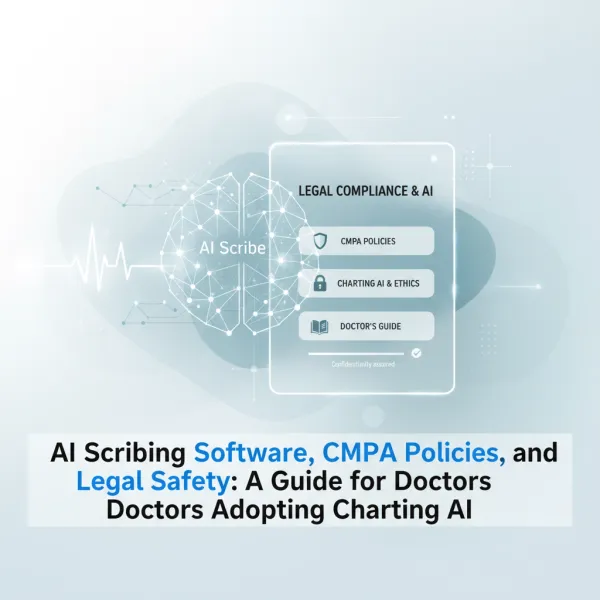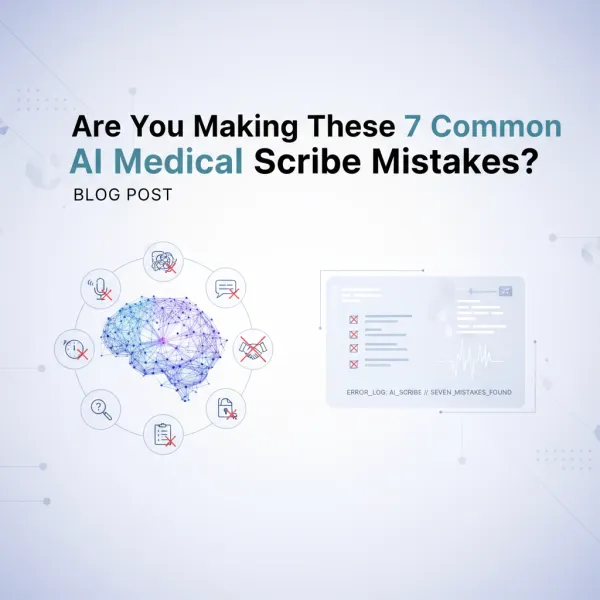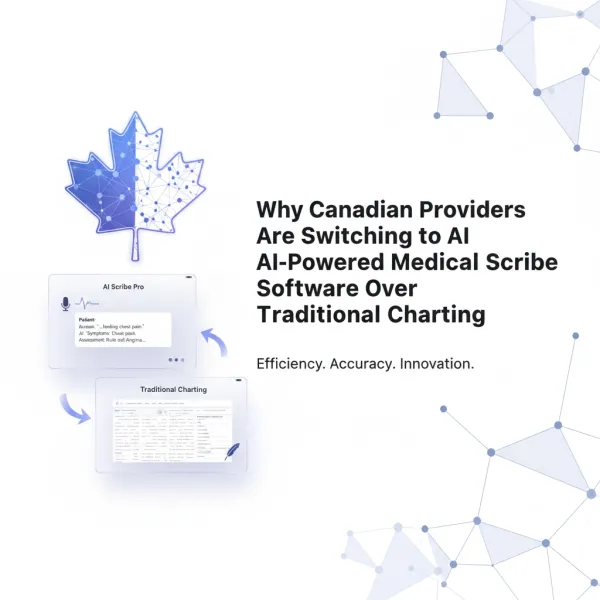Data Privacy in Canada: What Healthcare Providers Need to Know About AI Medical Scribes

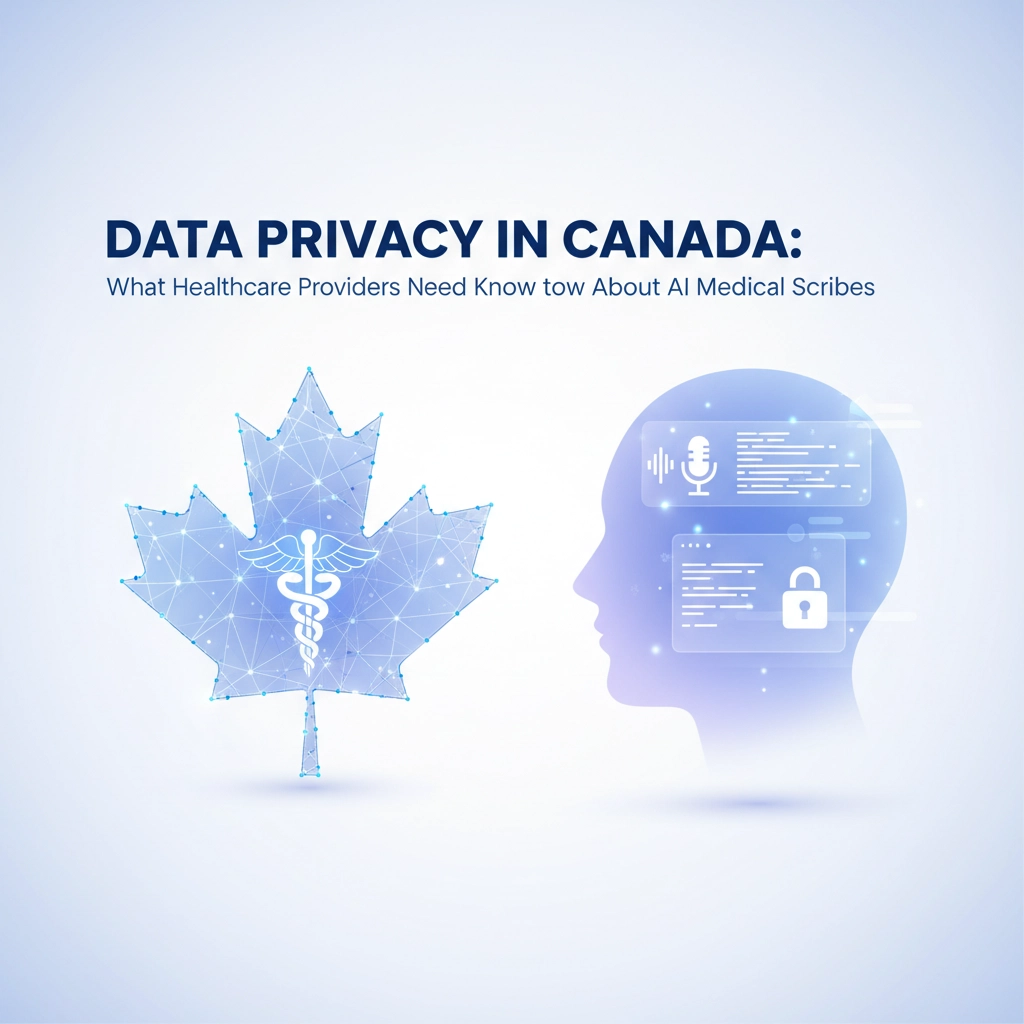
Hey there, Canadian healthcare heroes! 👩⚕️
If you've been thinking about adding AI medical scribes to your practice, you're probably wondering about the maze of privacy regulations here in Canada. And honestly? You should be asking these questions! Patient privacy isn't just important: it's the law, and the rules are getting stricter every year.
Let's break down everything you need to know about keeping your AI scribing compliant, secure, and thoroughly Canadian.
The Canadian Privacy Landscape: It's Complicated (But We've Got You)
Here's the thing about privacy in Canada: it's not just one set of rules. We're dealing with multiple layers of legislation that all work together to protect patient data. Think of it like a really thorough security system with several locks on the door.
At the federal level, PIPEDA (Personal Information Protection and Electronic Documents Act) governs how organizations handle personal information, especially when data crosses provincial boundaries. But here's where it gets interesting: each province has its own additional rules that are often even stricter.

Ontario has PHIPA (Personal Health Information Protection Act), which is specifically designed for health information and overseen by the Information and Privacy Commissioner. British Columbia and Alberta use PIPA (Personal Information Protection Act). Quebec has its own privacy framework, and the other provinces each have their own variations.
And just to keep things exciting, the federal government is working on Bill C-27 (the Digital Charter Implementation Act), which includes the Artificial Intelligence and Data Act (AIDA). This is going to modernize how we handle AI in healthcare, so stay tuned!
What This Means for Your AI Scribe Choice
When you're shopping around for AI medical scribe software, you can't just pick any solution and hope for the best. You need to make sure your chosen platform can handle Canada's unique privacy requirements.
Here's what you absolutely need to look for:
Data Residency: Keep It Canadian
This is huge. Canadian health data needs to stay in Canada. Period. While some provinces allow cross-border data transfer under very specific circumstances with proper safeguards, the trend is moving toward requiring Canadian data residency.
What does this mean practically? Your AI scribe provider needs to:
- Host all data on Canadian servers
- Ensure their cloud infrastructure is located in Canada
- Provide clear documentation about where your data lives
- Have disaster recovery systems that also stay within Canadian borders
At Scribeberry, we've built our entire infrastructure with Canadian data residency in mind. Your patient conversations and documentation never leave Canadian soil: that's a promise we're proud to make.
Informed Consent: Make It Crystal Clear
Patients need to know exactly how their information will be used with AI scribing technology. This isn't a "check this box and we're good" situation: you need informed, express consent.
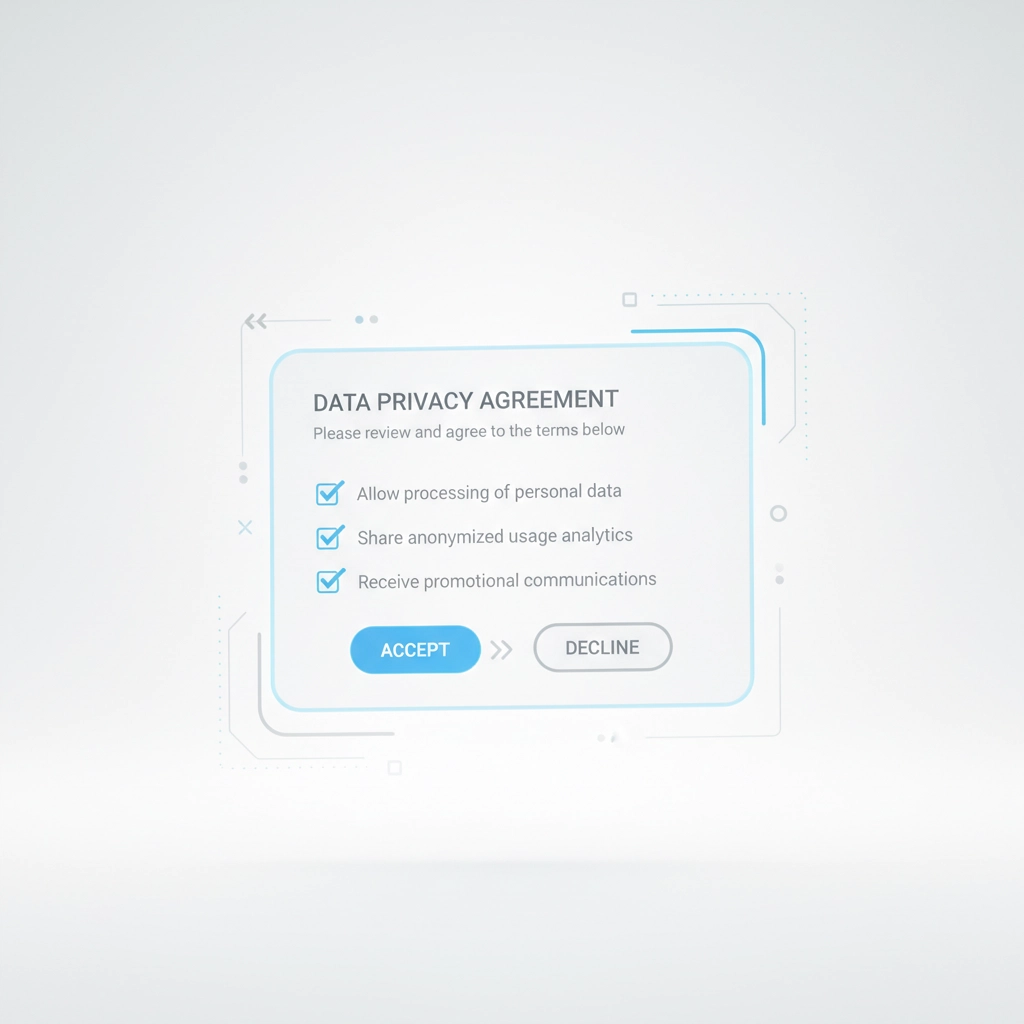
Your consent process should explain:
- How the AI scribe system works
- What happens to the recorded conversations
- How long data is retained
- Who has access to the information
- How patients can opt out if they change their minds
The good news? Most patients are actually pretty excited about AI scribes once they understand how they work. They love knowing their doctor can focus entirely on them instead of typing notes!
Security Requirements That Actually Make Sense
Let's talk about the technical stuff, but in plain English. Canadian privacy laws require some serious security measures, and for good reason.
Encryption Everywhere
Data needs to be encrypted both "at rest" (when it's stored) and "in transit" (when it's moving around). Think of encryption like a secret code that only authorized people can read.
Your AI scribe solution should offer:
- End-to-end encryption for all voice recordings
- Encrypted storage of all transcribed notes
- Secure transmission protocols
- Regular security audits and updates
Access Controls and Authentication
Not everyone should have access to patient data: only the people who absolutely need it for patient care. Look for systems that offer:
- Role-based access controls
- Multi-factor authentication
- Audit trails showing who accessed what and when
- Automatic session timeouts

The Difference Between Canadian and International Providers
Here's where things get really important. Many AI scribe companies are based in the US or other countries, and they're built to comply with different privacy laws. What works in California doesn't necessarily work in Ontario.
US-based providers typically comply with HIPAA, which is great for American healthcare but doesn't cover all the requirements we have in Canada. International providers might have even more variations in their privacy approaches.
When you're evaluating options, ask these questions:
- Where is your data hosted?
- Do you comply with PIPEDA and relevant provincial privacy laws?
- Can you provide documentation of your Canadian compliance?
- What happens to our data if we stop using your service?
- How do you handle provincial variations in privacy requirements?
Small Clinics vs. Hospital Networks: Different Needs, Same Standards
Whether you're a solo practitioner or part of a massive hospital network, the privacy standards are the same. But the implementation might look a bit different.
Small Clinics and Solo Practices
You might not have a dedicated IT team, but you still need enterprise-level security. Look for AI scribe solutions that:
- Handle compliance automatically in the background
- Provide simple, clear documentation for regulators
- Offer responsive customer support to answer privacy questions
- Include built-in consent management tools
Hospital Networks and Large Practices
You probably have more complex needs and existing IT infrastructure. You'll want:
- Integration with existing EMR systems
- Centralized admin controls across multiple locations
- Detailed audit trails and reporting
- Custom privacy policies and consent workflows
- Enterprise-level support and training
Privacy Impact Assessments: When You Need Them
Depending on your province and organization size, you might need to conduct a Privacy Impact Assessment (PIA) before implementing AI scribes. Don't worry: it sounds scarier than it actually is.
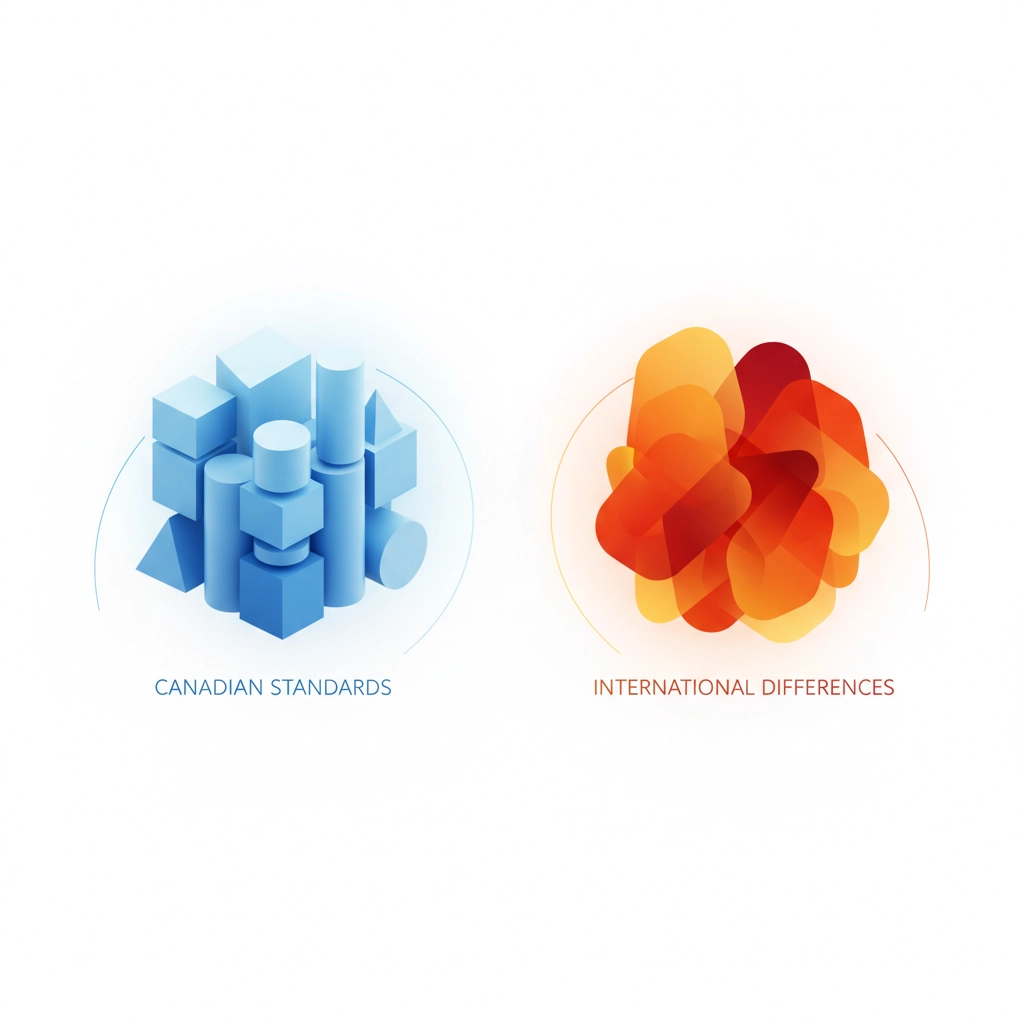
A PIA basically evaluates how your new AI scribe system affects patient privacy and ensures you're meeting all legal requirements. Some organizations need to submit these to privacy commissioners for review.
The good news? A well-designed AI scribe platform should make the PIA process much easier by providing clear documentation about security measures, data handling practices, and compliance features.
Staying Ahead of Regulatory Changes
The privacy landscape is evolving fast, especially around AI in healthcare. Here's how to stay on top of changes:
- Subscribe to updates from your provincial privacy commissioner
- Join healthcare privacy groups and associations
- Work with AI scribe providers who actively monitor regulatory changes
- Regularly review and update your privacy policies
At Scribeberry, we're constantly monitoring regulatory developments and updating our platform to stay ahead of new requirements. When privacy laws change, we make sure our users are automatically compliant.
Making the Right Choice for Your Practice
Choosing an AI medical scribe isn't just about features and pricing: it's about finding a partner who understands Canadian healthcare privacy inside and out.
Look for providers who:
- Are transparent about their Canadian compliance
- Offer comprehensive security documentation
- Provide ongoing support for privacy questions
- Have a track record with Canadian healthcare providers
- Invest in staying current with regulatory changes
The bottom line? Patient privacy doesn't have to be a barrier to using AI scribes: it just means you need to choose the right solution. With the proper safeguards in place, you can enjoy all the benefits of AI scribing while keeping your patients' information secure and compliant with Canadian privacy laws.
Ready to explore how AI scribing can work within Canada's privacy framework? We'd love to show you how Scribeberry keeps things simple, secure, and thoroughly Canadian. Because at the end of the day, protecting patient privacy while improving healthcare efficiency isn't just possible( it's exactly what Canadian healthcare deserves.) 🚀
